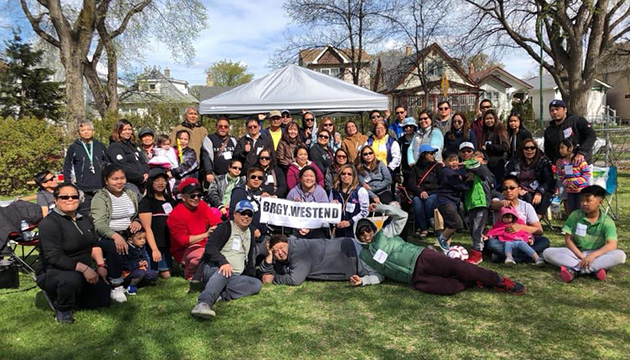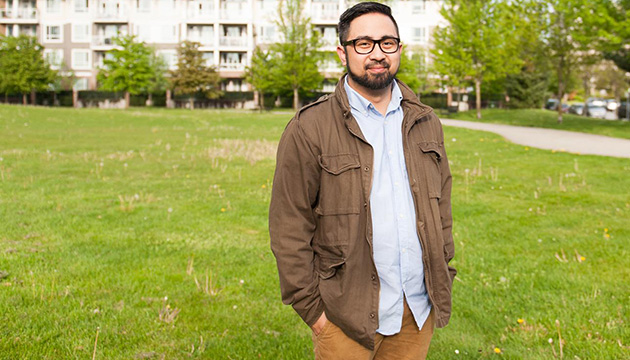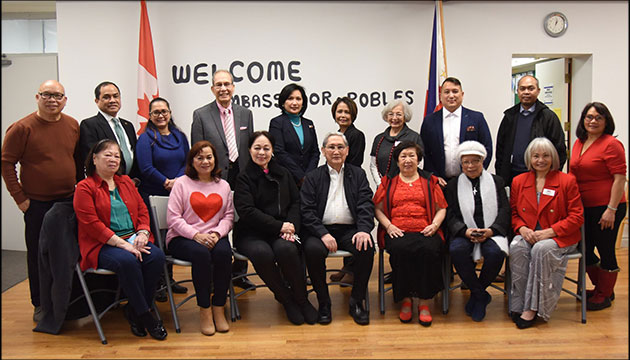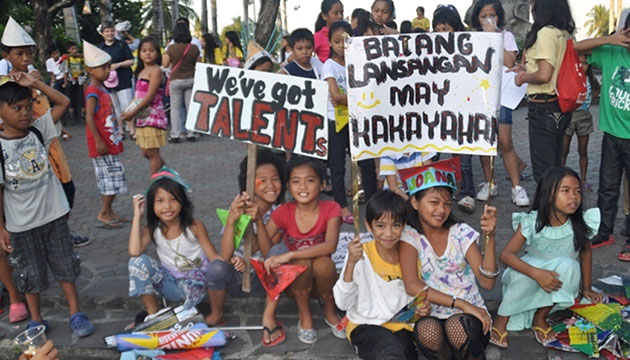March 1, 2024 — Immigration, Refugees and Citizenship Canada (IRCC) recently released data showing the Philippines as one of Canada’s top markets when it comes to study permits.
IRCC data for 2023 revealed that Filipinos were the third largest group with almost 49,000 study permit holders for that year. This is a distance third from India with over 427,000 and China with over 102,000. Nigeria closely followed the Philippines with almost 46,000 study permit holders.
The Philippines is the only Southeast Asian nation to land in the top five. Students from emerging economy Vietnam held 17,175, making Vietnam the only other Southeast Asian nation to be included in IRCC’s top ten source countries.
The number of Filipino study permit holders increased by 51 percent, from 32,320 in 2022 to 48,870 by end of 2023.
A large increase of almost 112 percent happened between the years 2021 with 15,280 and 2022 with 32,320. A significant increase also happened between the years 2015 and 2016: from 1,980 in 2015 to 3,325 permit holders in 2016, reflecting a 68 percent increase. Years 2016 and 2022 were national election years in the Philippines when Rodrigo Duterte won the presidency in 2016 and Ferdinand Marcos Jr. in 2022.
Technology platform for international student mobility ApplyBoard projects that the trend for Filipinos will continue in 2024 despite the federal government’s decision in January of this year to place a cap on study permits to about 360,000, a decrease of 35 percent from 2023.
ApplyBoard’s trends report for 2024 expects about “30,000 Filipino students will be issued a study permit by the end of this year.” In 2023, it was estimated that about 22,000 Filipinos were issued a Canadian study permit out of almost 35,000 applications.
The report also highlights two attributes of Filipino study permit holders: that they are mature students (average age in 2022 was 31) and that they generally attend vocational institutions and colleges, not universities. These attributes may mean that Filipino students come to Canada not just to study but to achieve a pathway towards permanent residency and eventual Canadian citizenship for themselves and their families.
Like the rest of international students in Canada, majority of Filipino students attend colleges in Ontario. However, ApplyBoard identifies Calgary and Edmonton in Alberta as cities with “rapidly growing popularity” among Filipino students, adding that Calgary had “the highest market share of new study permits approved for Filipino students last year (and) also the fastest-growing Filipino population of any Canadian city.”
According to IRCC, Canada welcomed over a million international students in 2023.














